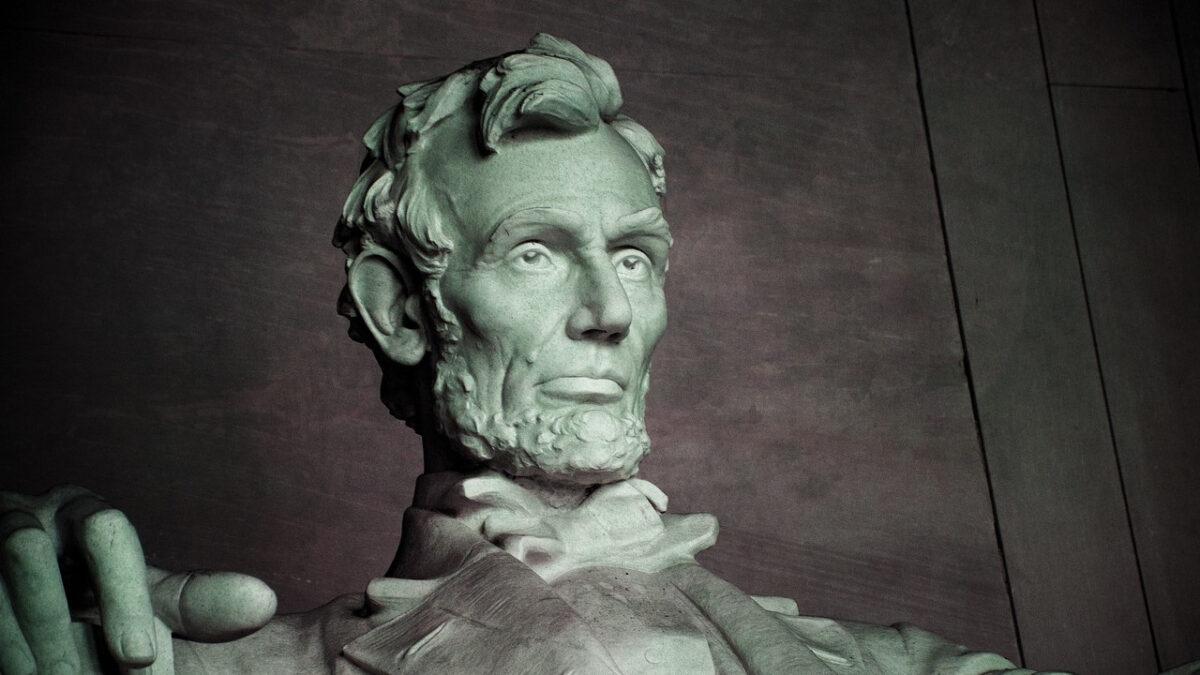I just finished a book of Abraham Lincoln’s speeches. So much has been written about Mr. Lincoln and much of the opining has been done with very little understanding of the man and his times. I once listened to a talking head on a morning TV show state that Lincoln really wasn’t an abolitionist!
I have been continually reminded that the predict for revisionist history is a lack of intellectual energy. If we judge others only through our own life experiences and not through the experiences of the historical subject’s life—which takes study and the energy of intellectual exploration, then what we have perceived of them will be more like what we perceive of ourselves, and not what they really are.
The facts of history are facts. The motives of the actors of history are worthy of investigation. When we examine their lives by examining their own words—in Lincoln’s case he wrote his own speeches and he wrote all his legal pleadings and correspondence, we can let the words speak for themselves. In a book entitled LINCOLN SPEECHES edited by Allen C. Guelzo we get a small glimpse of not only how Mr. Lincoln thought, by why he acted the way he did. His own words speak to who he was and what he represented. No one in American history gave clearer voice to Biblical principles, to the supremacy of Natural Rights and a political philosophy that was grounded in the reason and revelation of Athens—Rome—Jerusalem—Magna Carta—and our own Great Declaration—with a sprinkling in of Wm. Shakespeare, than Mr. Lincoln. That Declaration reflected the march from feudalism and monarchy to liberty and “all men are created equal” and “that they are endowed by their creator with certain inalienable rights” and served as the very predicate for not only the advances in basic human and political rights in the United States but served as a template for all the world to follow.
In a Resolution to the Illinois Legislature in Vandallia Illinois on March 3rd, 1837, A. Lincoln signed a document stating, “that the institution of slavery was founded on both injustice and bad policy” but that current abolitionist positions “increase rather than abate such evils”. In a letter written twenty-six years later for publication to Albert Hodges the editor of the Kentucky Union newspaper, one year before he was assassinated and before Appomattox,
Mr. Lincoln wrote: “I am naturally anti-slavery. If slavery is not wrong, nothing is wrong. I cannot remember when I did not think and feel this way.”
In his second inaugural address, he wrote: ‘If we all suppose that American Slavery is one of those offenses which in the providence of God, must needs come, but which continued through His appointed time, He now wills to remove – the woe due by whom the offence came…..shall we discern therein any departure from the “Divine attributes which believers in a Living God always ascribe to Him”.
Six hundred thousand brave people died over four short years. Both sides prayed to the same God for victory discernment and peace. Abraham Lincoln prayed every day of his life from the time his mother taught him to pray. Few have ever had a life filled with more tragedy. But like Job, he always prayed, especially when his ship encountered tough waters.
Any person who writes or talks about Lincoln must make that a central theme of their presentation. This is very tough to do if one is a secular humanist or an atheist. To understand Lincoln, it must be said that he loved God.
When modern-day pundits speak about history, they must see it through the eyes of the participants, not their own eyes.
The talking head couldn’t have been more wrong in her assessment of Abraham Lincoln’s political philosophy or about his faith in God.


